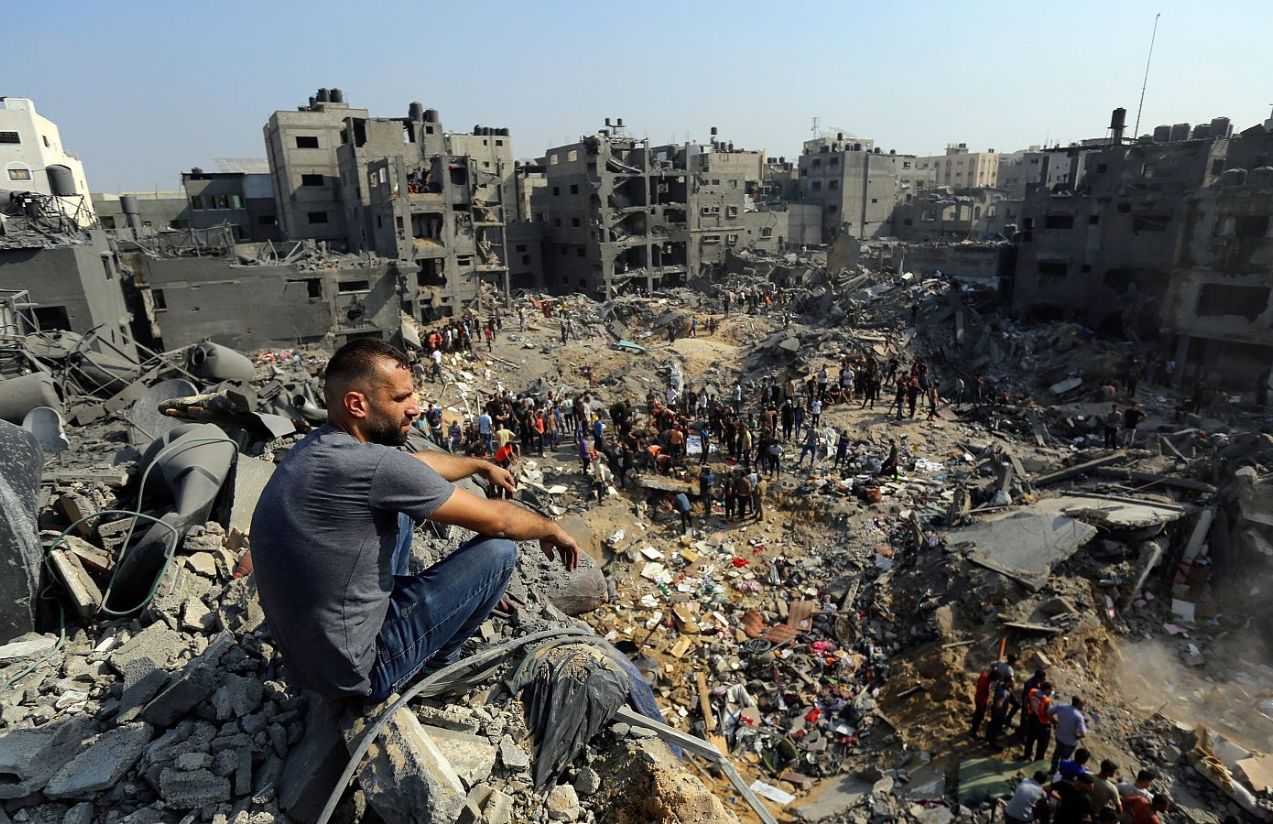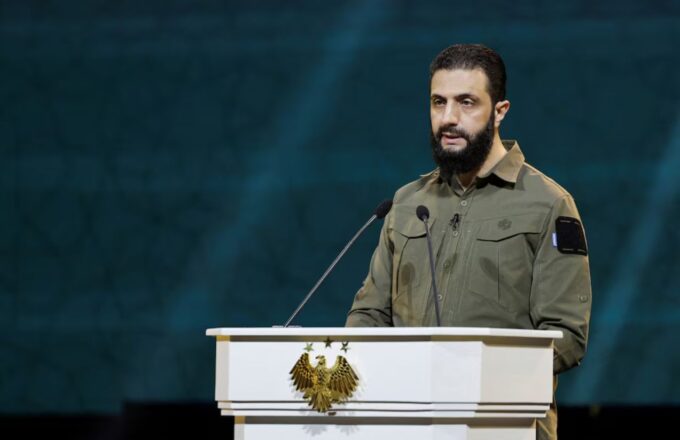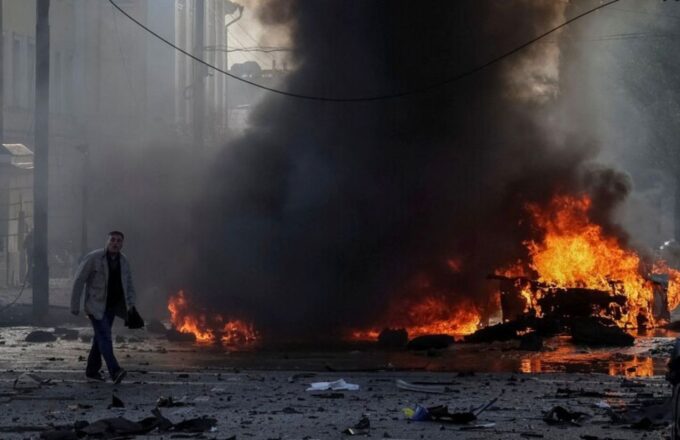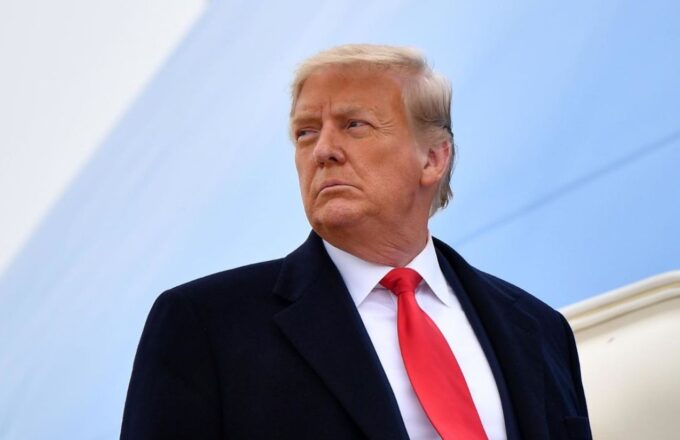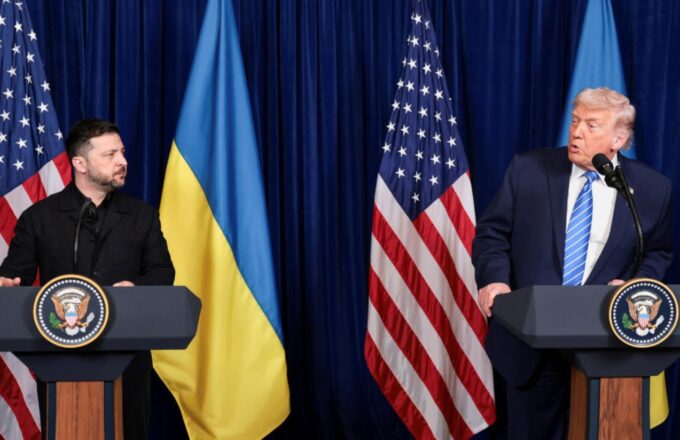The negotiations between Hamas and Israel, covered live by international media, have gained global attention amid ongoing bombings, the humanitarian suffering in Gaza, and mounting international pressure to reach a lasting solution. Although details remain uncertain, both sides have expressed willingness to discuss ceasefires, hostage exchanges, and the delivery of essential humanitarian aid.
One of the main obstacles to peace is mutual distrust: Israel demands security guarantees, while the other side seeks minimum conditions for its trapped population. Meanwhile, international actors such as the United States, Qatar, and Egypt play key roles as mediators in these talks.
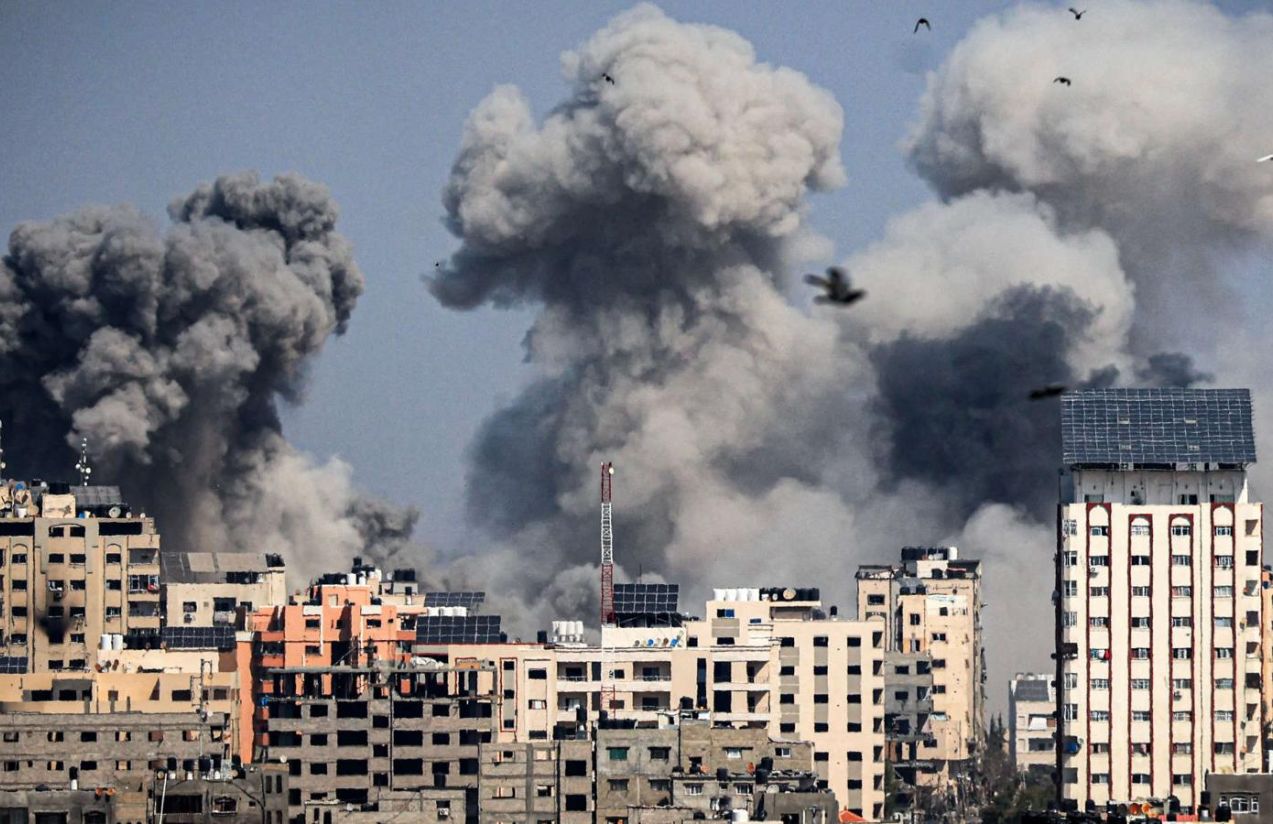
Despite cautious optimism, observers warn that a fragile agreement could collapse if either side fails to uphold its commitments. That’s why every word, every signal, and every political gesture could prove crucial in this delicate peace process.
Can these negotiations pave the way for real peace?
Yes, although the road ahead will be difficult. If both parties honor the agreements reached—establishing a ceasefire, releasing hostages, and securing humanitarian routes—there is a window to ease the conflict. However, the deal must be backed by strict international monitoring and clear enforcement mechanisms to have a real chance of success.


